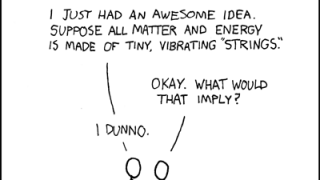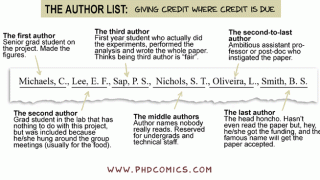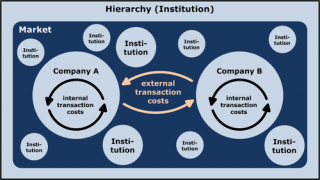
Why people believe in the soul (1): Out-of-body experiences
The idea that human beings are composed by two kind of ‘substances’, a material body and a spiritual mind, or soul, is probably as old as modern human beings, and has certainly insufflated most of the world religions, as well as a big number of philosophical theories about human nature. Even non-religious people admit in […]








